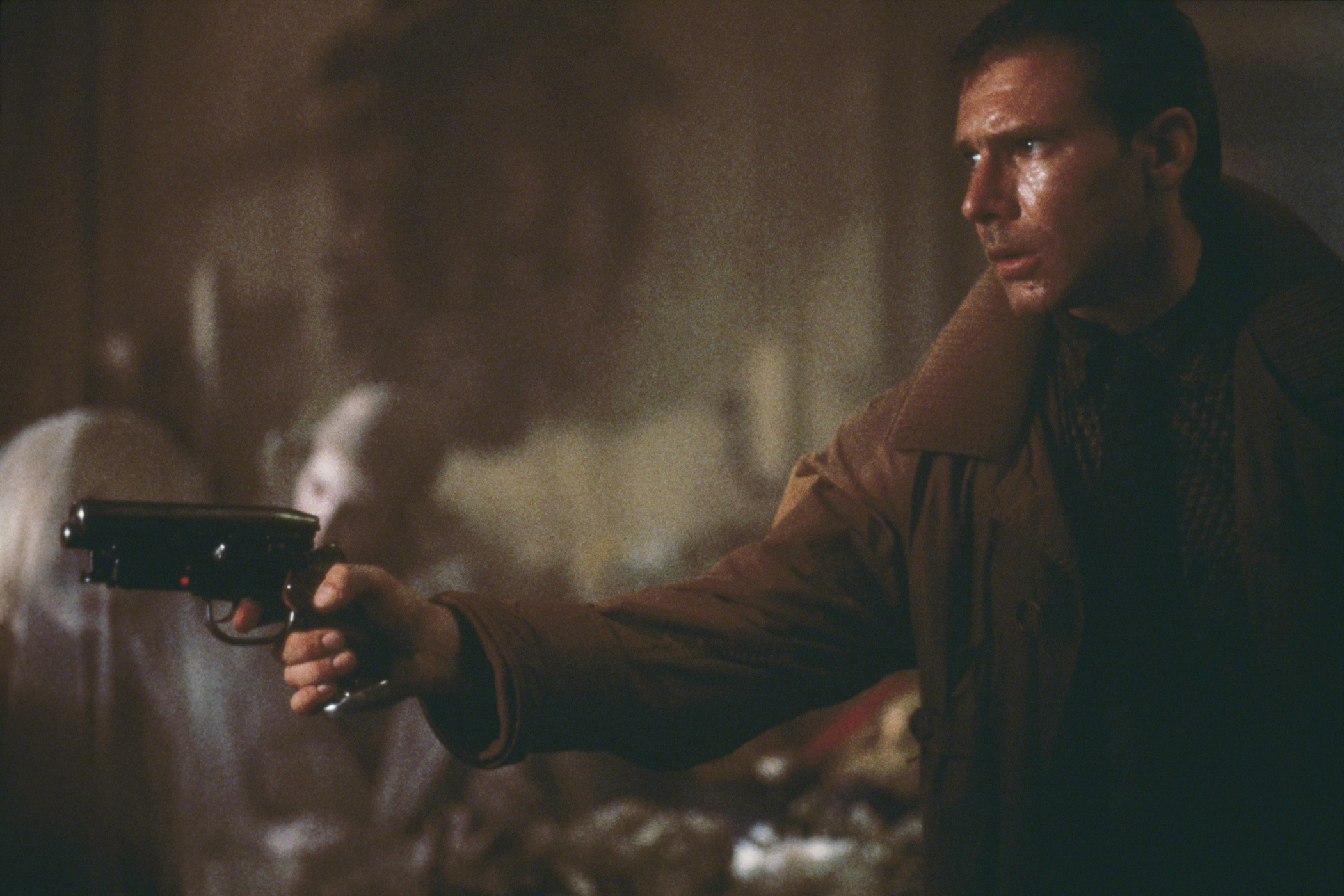Post by SnoBorderZero on Feb 21, 2019 15:22:48 GMT -5

What an extraordinary life and career in cinema that filmmaker and true artist Jean-Luc Godard has enjoyed. The man who, while he did not invent the movement, popularized the French New Wave and proved to the world that there are no such things as rules in cinema and art with his 1960s work that completely redefined the medium as we know it. Godard, since debuting his first feature Breathless in 1960, has stayed active for decades, largely producing the essay-focused films that consumed the bulk of his post-1960s career with politically charged and purposefully disorienting messages that have been confounding and exhilarating viewers ever since. I admit that while I certainly, like most, prefer Godard's 1960s works which combined these political musings with clever narratives to breathe life, largely satirical life, into the ideas he's putting forth, as I've gotten older I've come more to appreciate his work from the 1970s to the present day. True, largely gone from these films are the fun winks at the audience as Godard pulls out every cinematic trick there is to tease us and delight us all at once. From the famous dance sequence in Band of Outsiders to the playful sneer of Hollywood in his colorful Contempt, Godard exhibited a terrific sense of humor during the 1960s that he would never truly return to. I too long for those films because I prefer narrative and I prefer clever homages/critiques at cinematic history, but Godard has never been one for compromise, and as he's grown as an artist has put forth a cynical view on cinema and thus the world that has only become more enraged over time. Godard has, at the ripe young age of 88, not softened in later years but has actually seemed to become more disgusted at the world. Channelling his anger at both the modern atrocities of the past and present and cinema's passive role in instigating these atrocities, Godard has released his latest (and last?) feature, The Image Book. In many ways it can be viewed as a companion piece to his last feature, 2014's Goodbye to Language. For anyone who couldn't stomach that film, and as someone who enjoyed it I say that's completely understandable, you'll want to steer clear of The Image Book, which offers no contemporary narrative structure to Goodbye to Language's little. It's a movie that is only for die-hards of Godard, eager to see that the New Wave master has not only refused to pull punches in his later years, but seems to be growing in ferocity and deftness at using cinema against itself in a variety of ways.
The Image Book has no real plot as you'd expect, but is broken up into five chapters of sorts. Though they all surround typical Godard topics of the atrocities that the United States and Europe have committed, cinema's role in promoting people's passivity when it comes to these atrocities, and the class struggle that will never end, Godard presents these ideas in ways that makes the word esoteric seem rote. Sound cuts in and out, some of Godard's narration is subtitled but large parts of it are not, the images are often distorted, bleached, overly saturated, clips are a hodgepodge of movies, home videos, and disturbing content. The film runs about 86 minutes, but it feels like an eternity that you're viewing this wild mix of sound and images unlike anything you've seen. Godard lulls you into these images, juxtaposing moments of beauty with horror, never letting you get quite comfortable with either for too long. It's a daunting task watching the film, but I admit I was enthralled from start to finish. Images of the Holocaust blend with images of modern violence in the Middle East. Buster Keaton in The General shares the same film that has a clip of Pasolini's infamous Salo. Beautiful flowers and seasides inhabit lands of hopelessness that the Western world has largely forgotten. It's a film that combats violence with more violence, interrupting itself over and over, as if Godard is refusing to allow the viewer to sit back passively and let the images and words wash over them, thus doing nothing. I viewed it as a call to action from an 88-year-old man whose only from of impactful protest at this stage in his life will be done through cinema. As you can tell from this review, The Image Book will likely appeal to very little, or maybe even no one. And yet I don't believe in the idea that Godard has made this film for self-indulgent purposes; on the contrary he has made a film that's as complex and challenging as the issues he proposes in hope that it will breakthrough the mainstream methods of delivering these messages that we've become so desensitized towards. The Image Book may very well be Jean-Luc Godard's final film, and if it is, what a way to end a career on. It's a stark, stark departure from when he shocked the art world in 1960 with Breathless, but then again Godard was never one for compromise or settling for repeating himself, and I wouldn't have it any other way.
8/10


